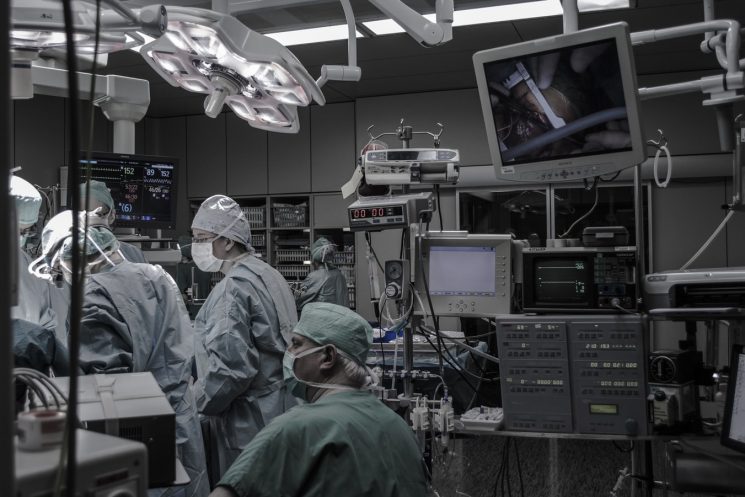There are a number of challenges for nurses working night shifts in the UK. Unpredictability comes part and parcel in the medical profession as patient care is needed around the clock, so there is already the stress of a demanding job before you even consider long shifts and unsocial working hours.
These factors can take their toll and have a huge impact on their health, both physically and mentally. So how can we help nurses maintain a high quality of healthcare whilst working on night shifts?
The Impact of Working Nights
Studies have shown that fatigue caused by working night shifts can affect levels of performance and ability. A good night’s sleep is fundamental to a person’s physical and mental health, but this is not always easy to achieve when working against your body clock on a long night shift. Sleeping at irregular times that are out of phase with circadian rhythms can lead to difficulties with falling asleep, interrupted sleep and early awakenings, which means less sleep and poorer sleep quality.
As a result, nurses working on night shifts may not always be performing at their best and this could be a risk to themselves, to their colleagues and to patient safety.
Wellbeing for Healthcare Professionals
To ensure health and safety on a ward during night shifts, nurses are advised to take regular breaks, limit their caffeine intake, stay hydrated and make sure they eat small portions regularly throughout their shift.
Government directives have also been introduced to help maintain a high level of care in our hospitals. Working hours were reduced for British doctors-in-training to ensure they were not working excessively long hours. Under European Working Time Regulations (EWTR), British junior doctors now work an average of 48 hours per week. This is a drastic reduction from often 84 hour weeks without guaranteed breaks, and shows a commitment to the wellbeing of healthcare professionals to benefit everyone on the ward.
Digital Solutions for Streamlined Care
Advances in medical technology can also be utilised as a further way to support nurses on night shifts. There are a number of digital solutions and online services like telemedicine online that allow for more patient-focused care and improve safety on wards.
For example, introducing an eObservations module can mean that written records and charts are no longer needed, allowing nurses to streamline their administrative tasks and spend more time with their patients. The digital software would also assist them to record and manage observations effectively, which is crucial when providing high quality care. Risks are limited as there’s no danger of misinterpretation of hand-written information and records can be created and amended easily on a tablet, laptop or smartphone.
In conclusion, there are practical solutions available to support nurses and other healthcare professionals working night shifts. Digital management tools could be beneficial to both nurses and patients and can better ensure that a high quality of healthcare is maintained, even on a night shift.





